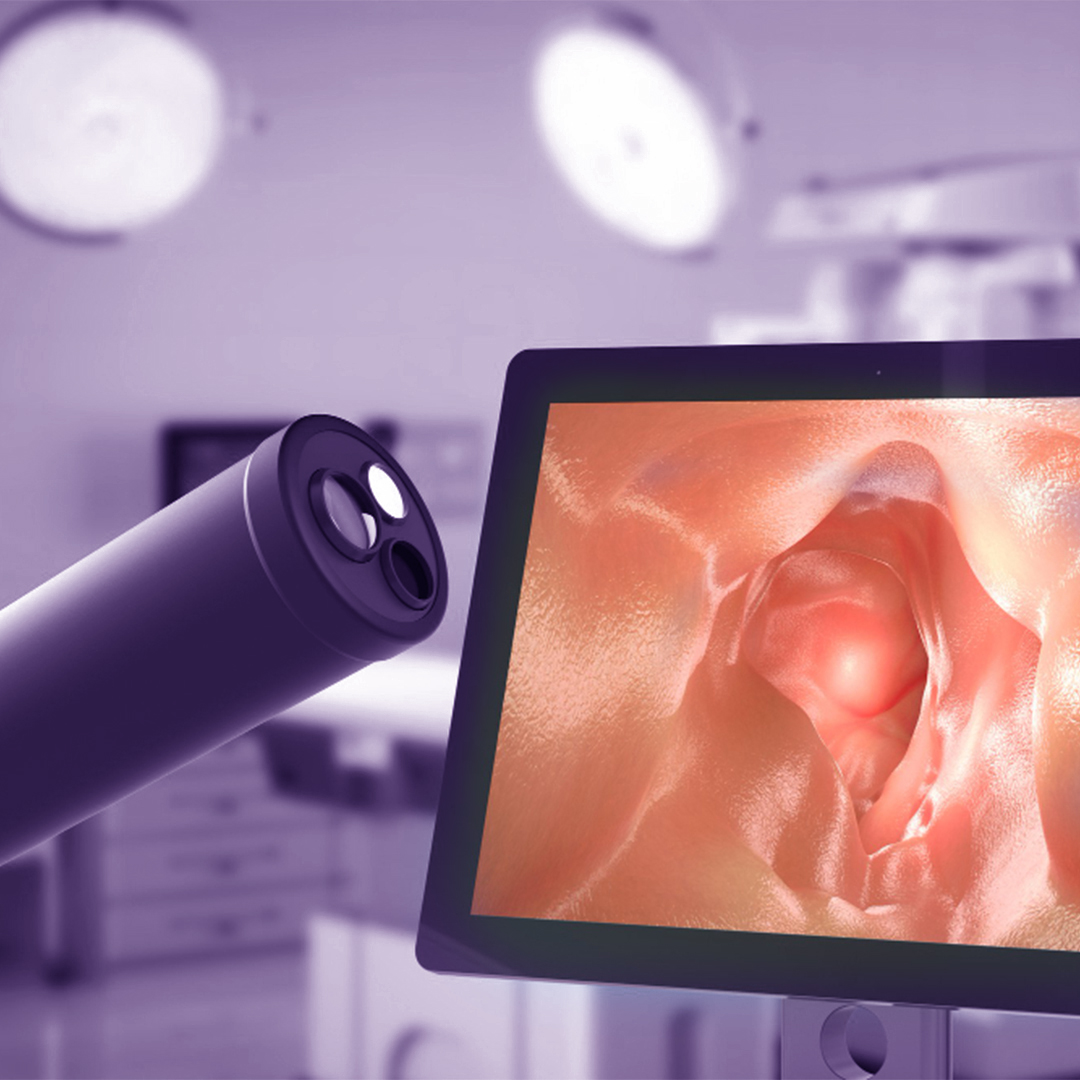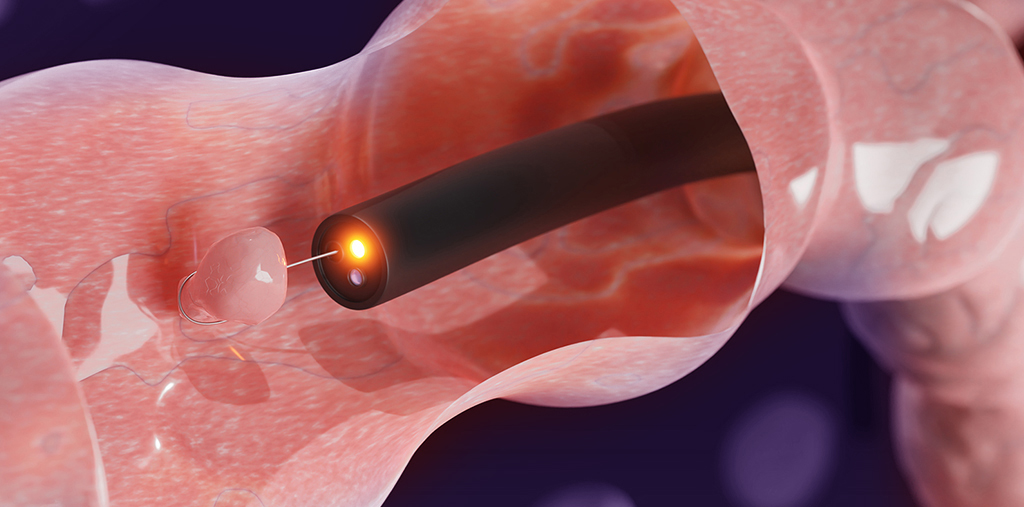Post-Gastroscopy Care Tips
Post-Gastroscopy Care Tips

What is a Gastroscopy?
Gastroscopy is a medical procedure used to examine the inside of the stomach, esophagus, and small intestine using a special device called an endoscope. This device consists of a thin, flexible tube equipped with a camera and lights, allowing the doctor to visualize the internal tissues and diagnose potential issues.
What are the Reasons for Performing a Gastroscopy?
Gastroscopy is performed for various reasons, including:
- Diagnosing potential causes of abdominal pain.
- Evaluating symptoms such as persistent nausea or vomiting.
- Examining gastrointestinal bleeding.
- Taking biopsies for microscopic examination.
- Treating certain conditions like ulcers or gastric obstruction.

What Symptoms Require a Gastroscopy?
Several symptoms may necessitate a gastroscopy, such as:
- Persistent abdominal pain.
- Unexplained weight loss
- Difficulty swallowing.
- Vomiting blood or black stools.
- Frequent heartburn.
What Symptoms Require a Gastroscopy?
Several symptoms may necessitate a gastroscopy, such as:
- Persistent abdominal pain.
- Unexplained weight loss
- Difficulty swallowing.
- Vomiting blood or black stools.
- Frequent heartburn.
What are the Steps of the Gastroscopy Procedure?
The steps of the gastroscopy procedure include:
- Preparation: You may be asked to fast for 6-8 hours prior to the procedure.
- Anesthesia: This can be done using local anesthesia or general anesthesia, depending on the case.
- Inserting the Endoscope: The tube is inserted through the mouth into the stomach.
- Examination: The doctor examines the internal tissues and may take pictures or biopsies.
- Completion: After finishing, the endoscope is gently removed.
Post-Gastroscopy Care Tips
- Rest and ensure you drink enough fluids.
- Avoid heavy or fried foods on the first day.
- Monitor any unusual symptoms and report them.
Complications of Gastroscopy
Although it is a safe procedure, some potential complications include:
- Bleeding
- Infection
- Tissue perforation.
- Adverse reactions to anesthesia.
When to Consult a Doctor Immediately After Gastroscopy?
You should consult a doctor immediately if you experience:
- Severe persistent pain.
- Unusual bleeding.
- Difficulty breathing.
- Symptoms of infection, such as fever.
Post-Gastroscopy Symptoms
It is common for patients to experience symptoms such as:
- Mild abdominal pain.
- A feeling of nausea.
- Throat irritation due to anesthesia.
Reason for Abdominal Pain After Gastroscopy
Abdominal pain after the procedure can result from:
- Gas used to expand the stomach during the procedure.
- Irritation of internal tissues.
